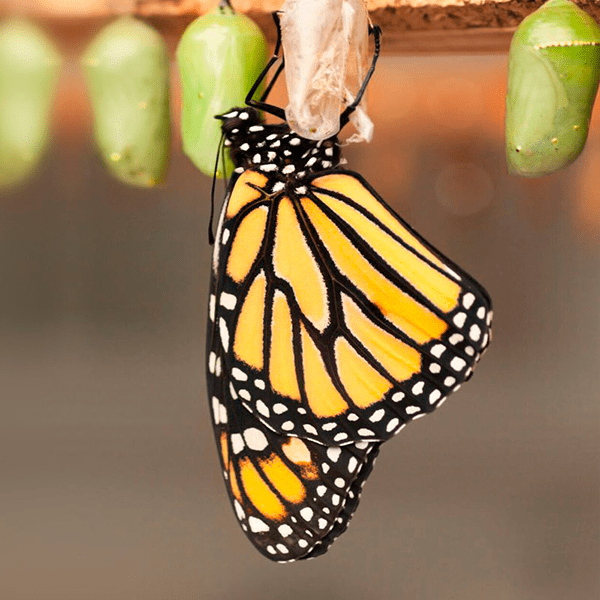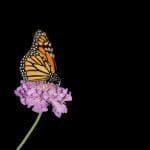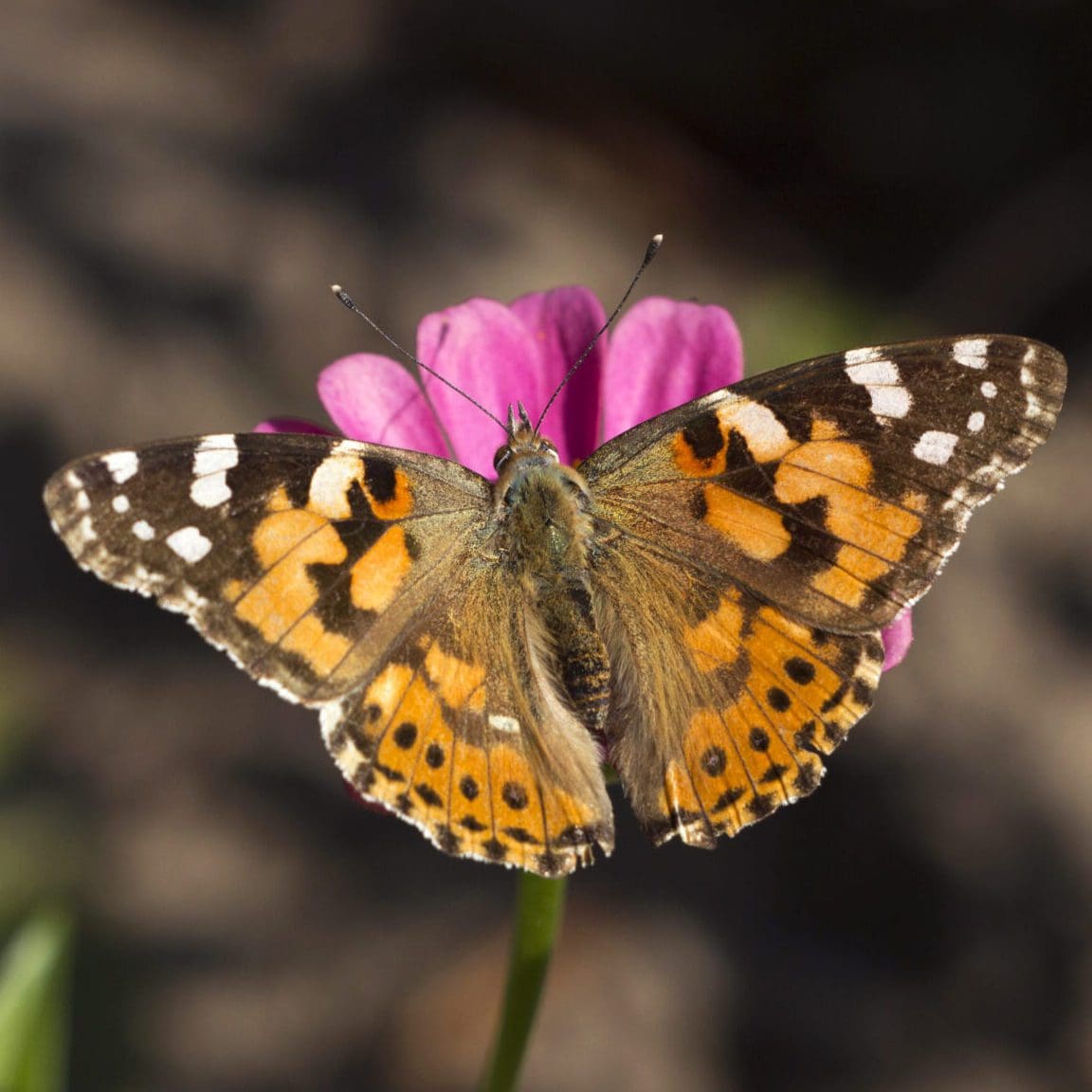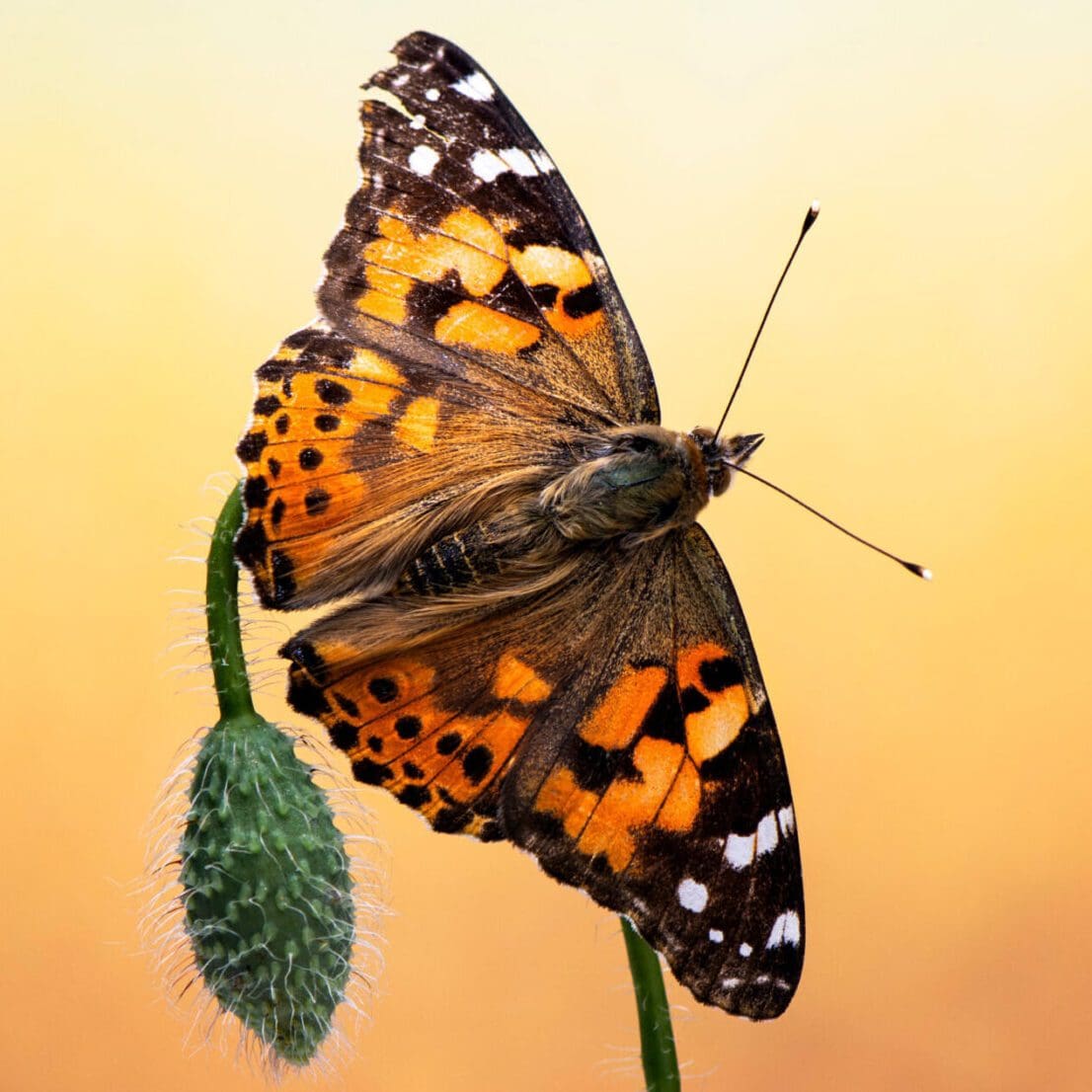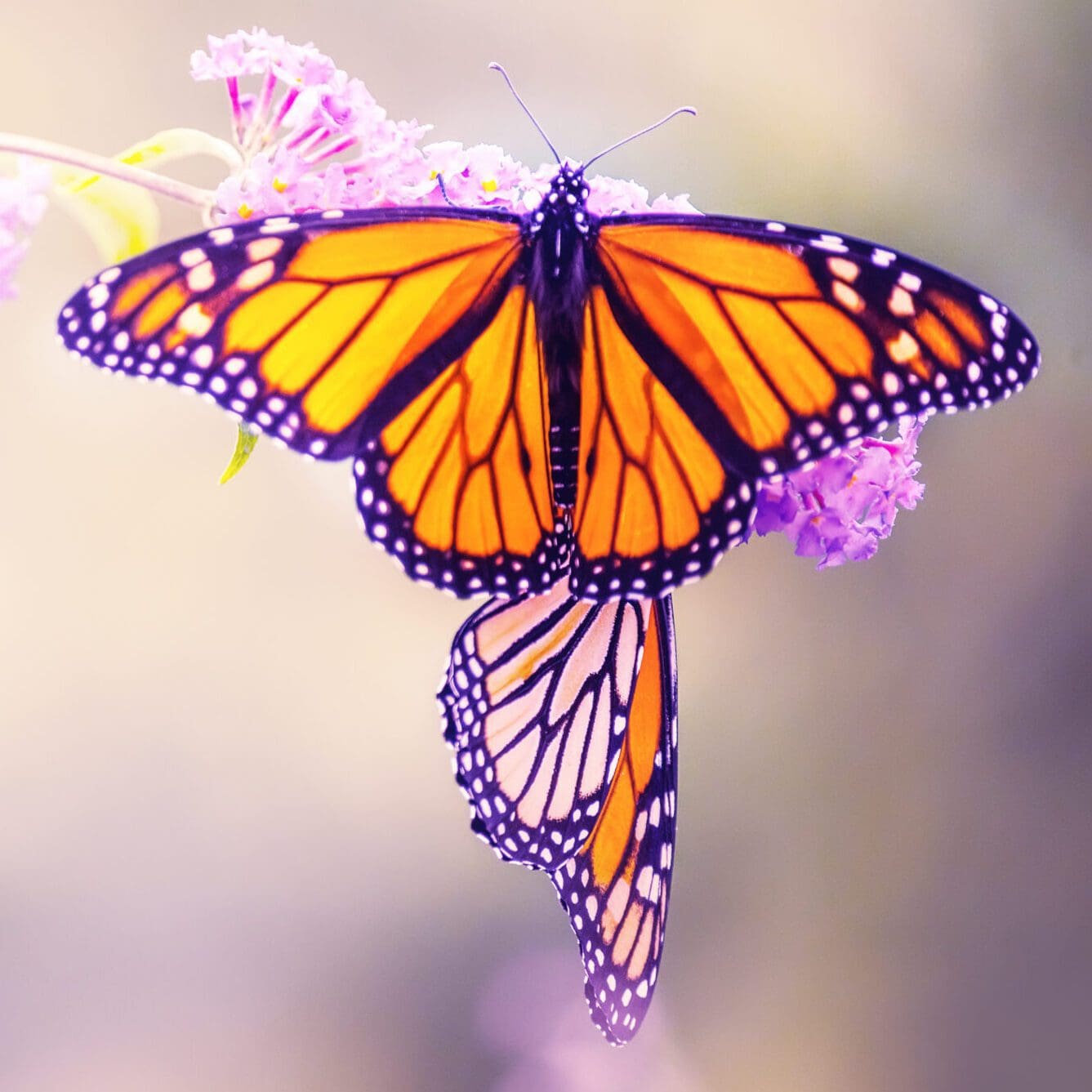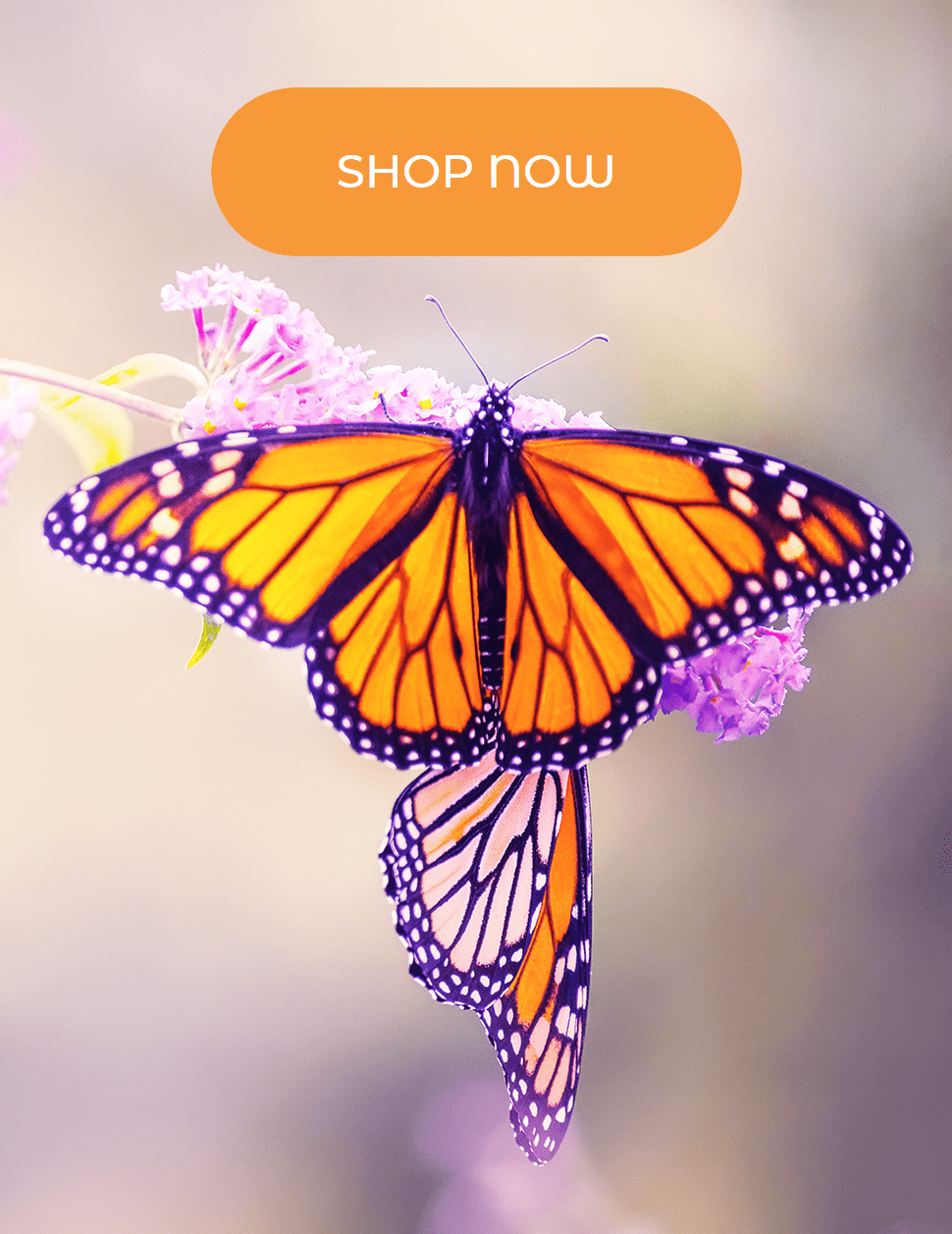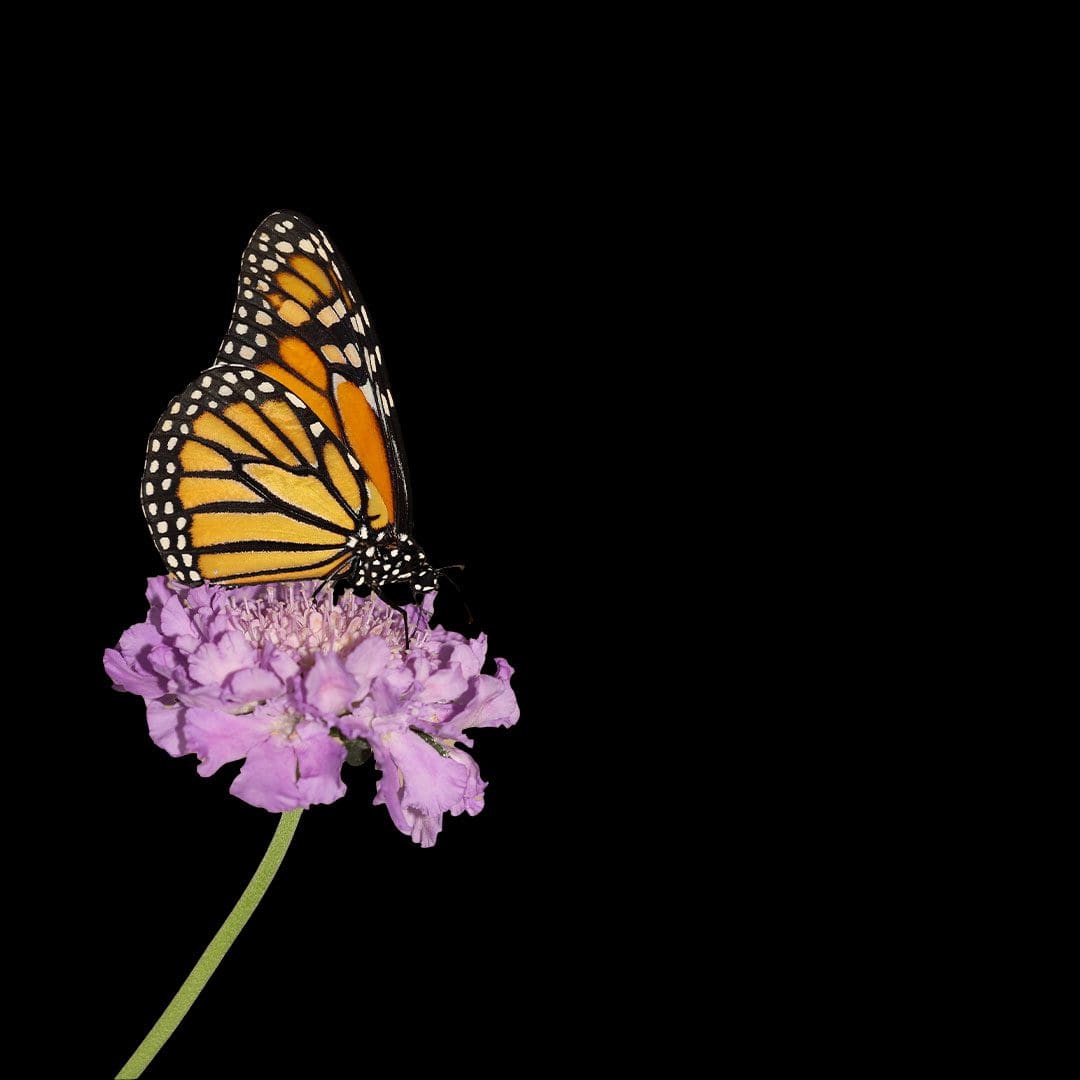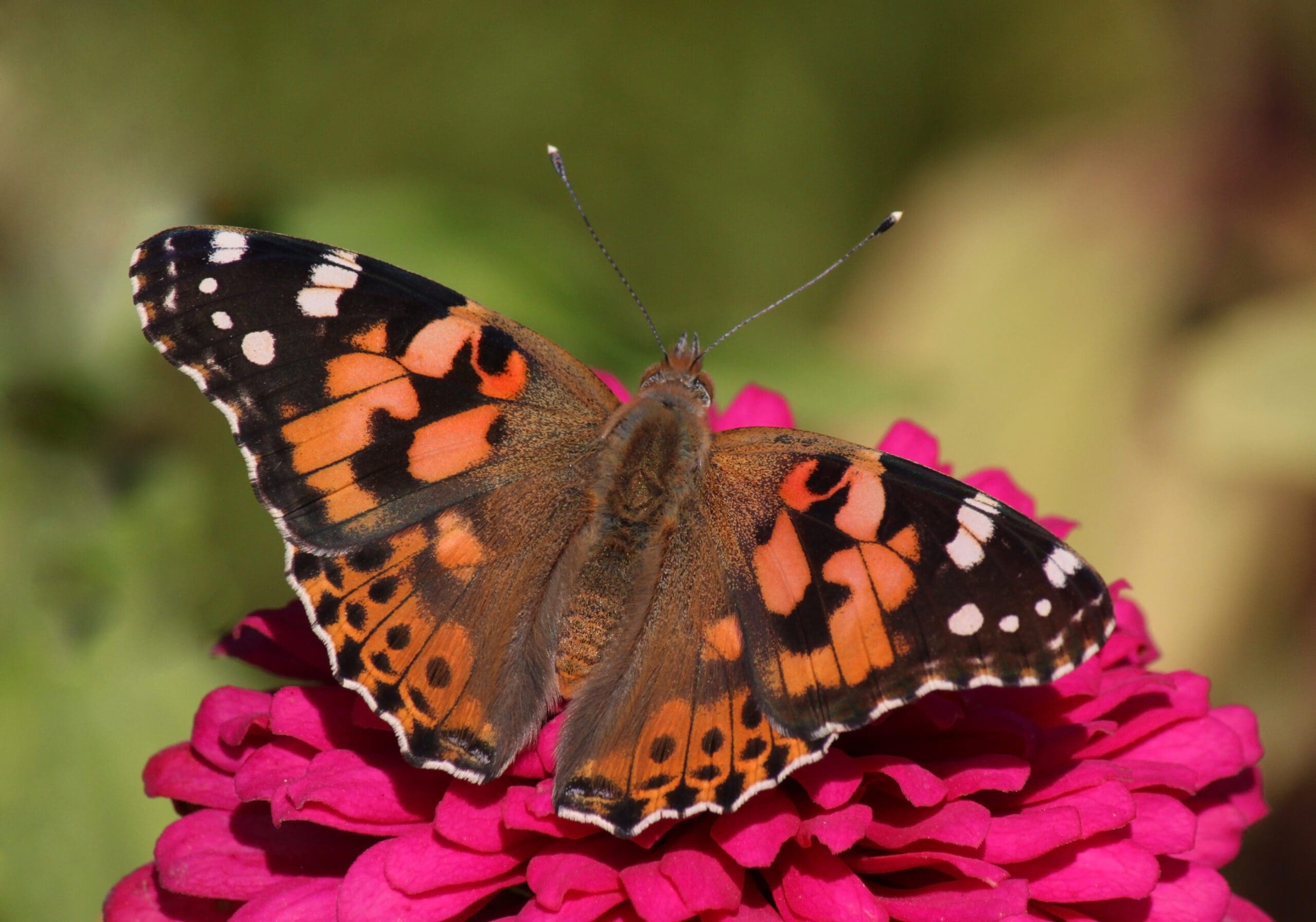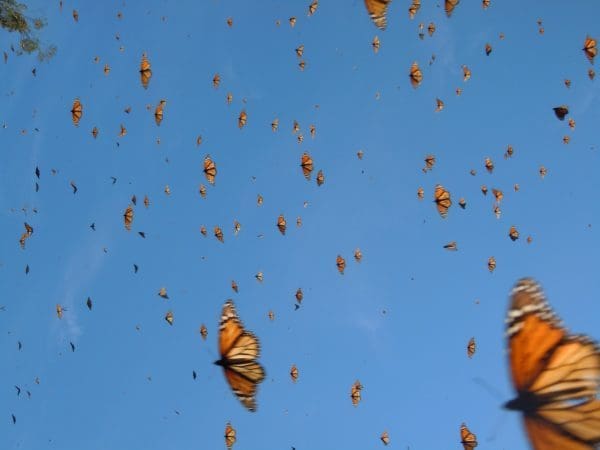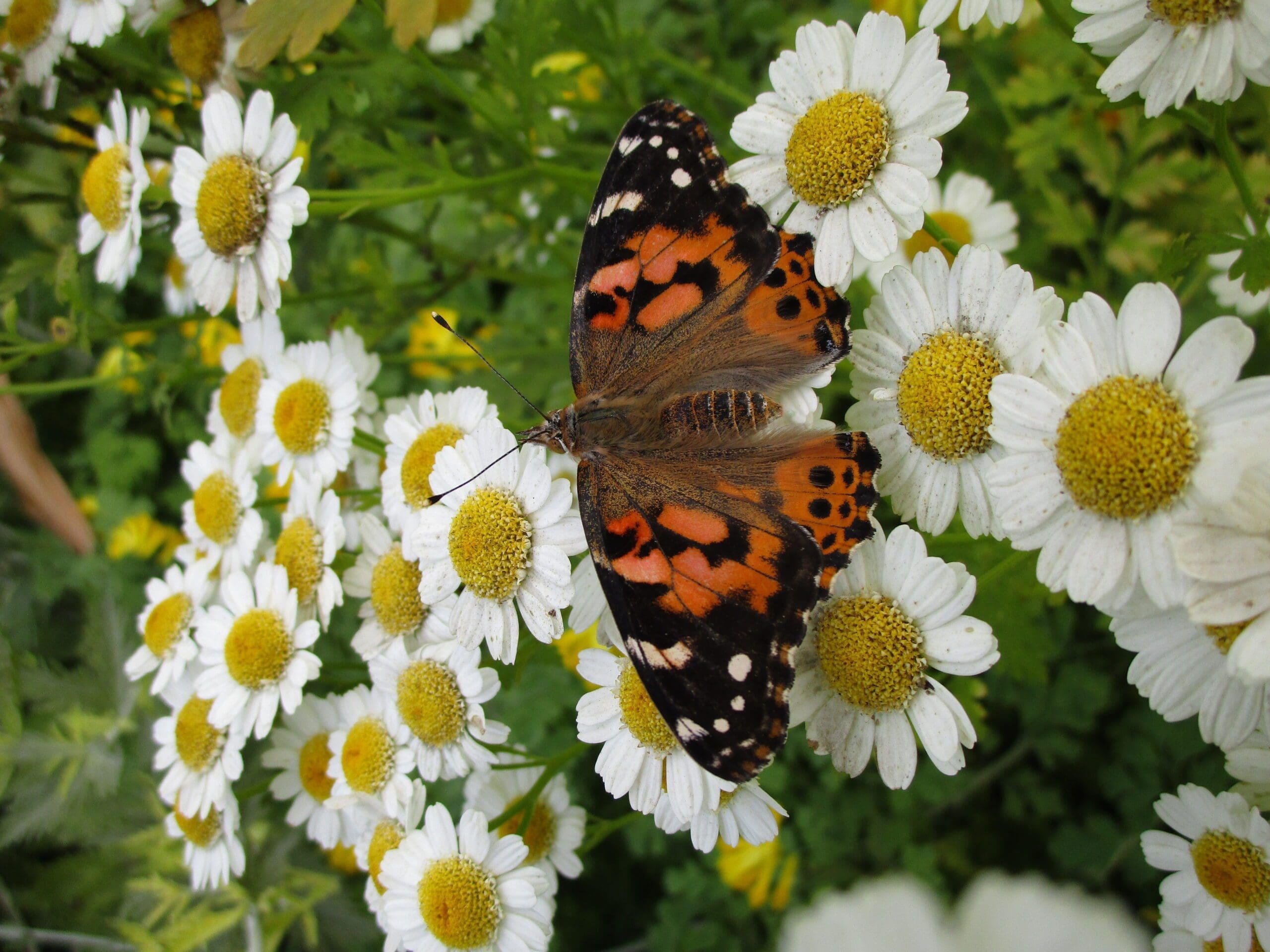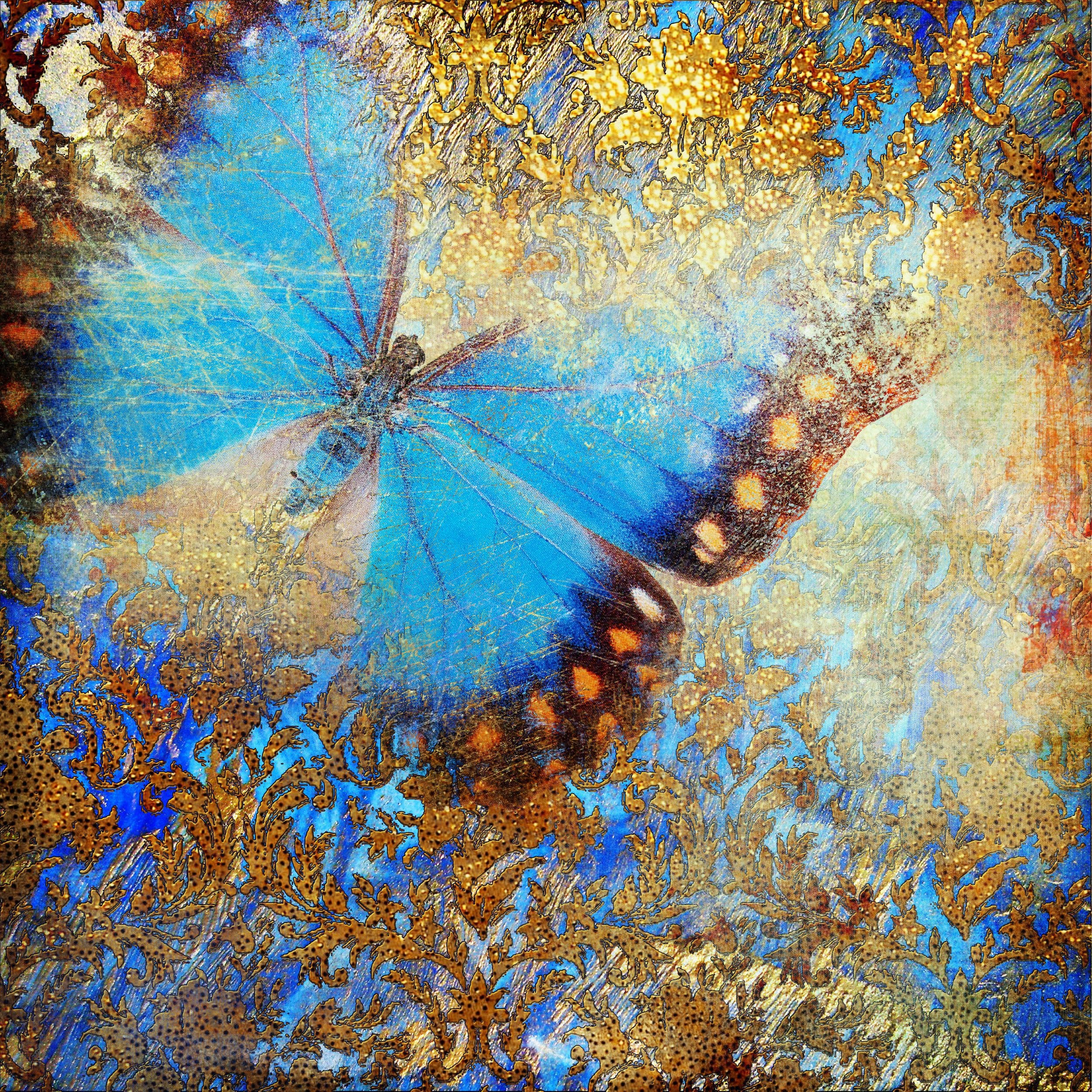In the enchanting world of butterflies, where delicate wings carry these creatures through their captivating life cycles, there is a facet of their journey that often goes uncelebrated – the inevitable occurrence of perishing, deformities, and the acceptance of these realities. This article explores how understanding and embracing these aspects of the butterfly’s life cycle can teach us valuable lessons in compassion, not only towards these graceful insects but also towards fellow humans and all living beings.
The Butterfly’s Life Cycle: A Tale of Transformation
Butterflies undergo a remarkable metamorphosis, transitioning through four stages: egg, caterpillar, chrysalis, and butterfly. While we marvel at their emergence as beautiful butterflies, it is crucial to remember that not all caterpillars make it to this final stage, and not all butterflies emerge without challenges.
1. Recognizing the Imperfections
Much like butterflies, humans and animals experience physical and mental challenges throughout their life cycles. From the moment of birth to the twilight of life, we encounter obstacles that shape us into resilient individuals. Just as some caterpillars may perish or emerge as deformed butterflies, humans too face adversity, and these challenges are a fundamental part of our growth and transformation.
2. Cultivating Compassion
To truly appreciate the beauty of life cycles, we must recognize and acknowledge the imperfections and struggles of all living beings, whether they are butterflies, humans, or animals. This recognition is the foundation of compassion. By understanding that each of us has moments of vulnerability and difficulty, we can extend empathy and kindness to others.
3. Embracing Diversity
Life is a magnificent tapestry woven from threads of diversity. Just as deformed butterflies contribute to the ecosystem, individuals with physical or mental challenges enrich the fabric of humanity. Their unique perspectives and strengths enhance our society in ways that may not always be immediately apparent. By embracing this diversity and accepting individuals as they are, we create a more inclusive and compassionate world.
4. Lessons from Nature’s Cycle
In both the butterfly world and the human experience, the process of perishing and facing deformities is a reminder of the circle of life. Just as fallen leaves nourish the soil, the experiences and lessons of those who confront challenges enrich our collective understanding. We learn and grow from the hardships we encounter, and this knowledge equips us to better support and uplift one another.
Inspiring Future Generations
One of the most profound lessons we can impart to the next generation is the acceptance and understanding of life’s imperfections. When students learn that each butterfly is unique, whether it emerges unblemished, perishes, or faces deformities, they begin to grasp the importance of acceptance and empathy.
The beauty of life cycles lies not only in the pristine moments of emergence and transformation but also in the acceptance and understanding of imperfection and vulnerability. Butterflies, with their fragile yet resilient existence, offer profound lessons about our own humanity. By acknowledging the challenges faced by all living beings and fostering compassion and acceptance, we can create a world that celebrates the richness of diversity and the strength that comes from embracing imperfections.
In teaching young students about the realities of life and transformation through the lens of butterflies, we prepare them to understand and accept one another. We inspire them to be compassionate and kind even in the most challenging times and to celebrate the uniqueness of each life cycle. This knowledge empowers them to keep fighting and embrace their own unique selves while extending love and understanding to others. Just like the butterflies, we are all part of the same intricate tapestry of life, and it’s our imperfections that make us beautifully unique.
